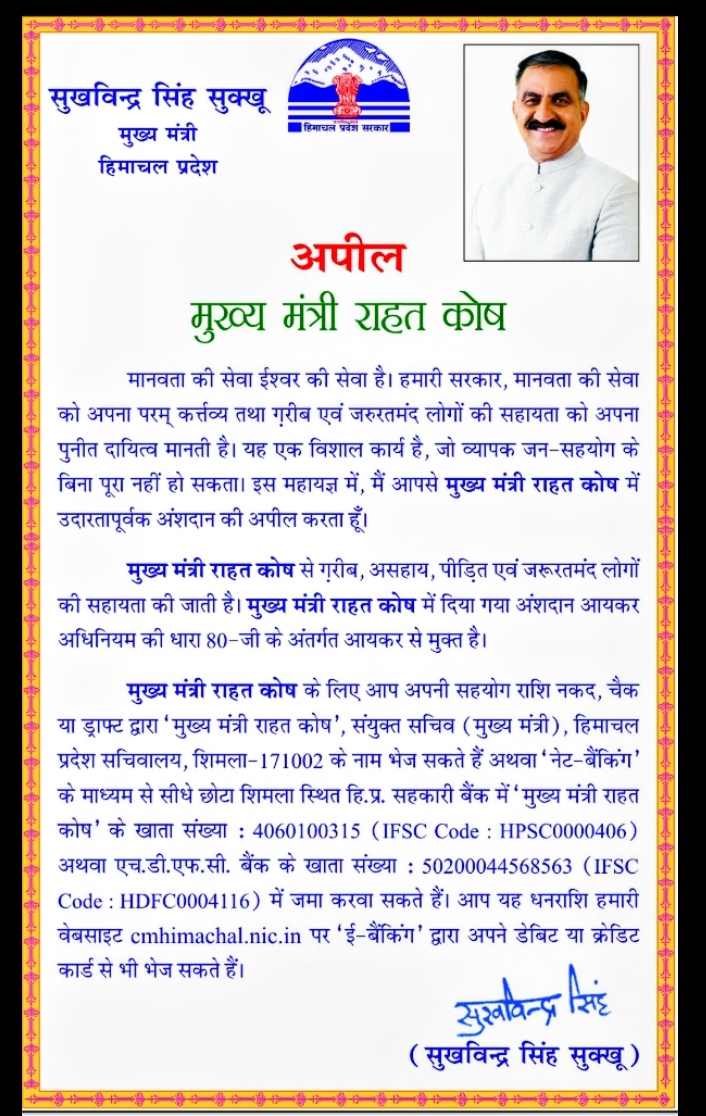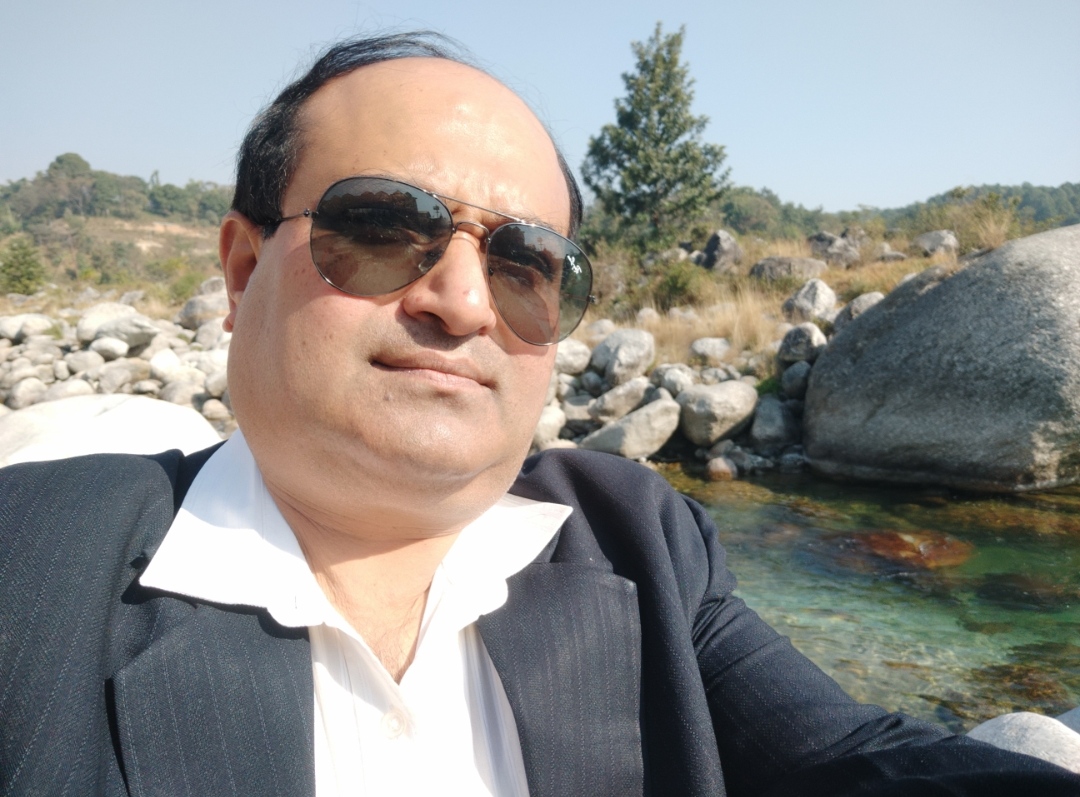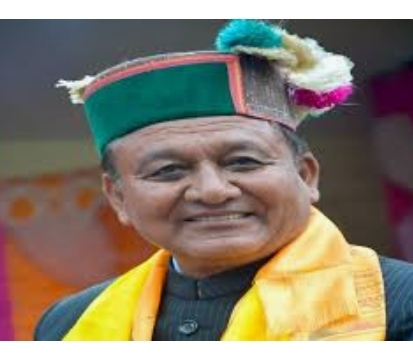Cabinet Minister Jagat Singh Negi’s Interview Highlights with Editor-in-Chief Rajesh Suryavanshi Revealed


TOOTH PAIN?
Contact immediately…





A Conversation with Himachal Pradesh’s Cabinet Minister.

Buckle up, dear readers, for a journey into the fascinating world of hemp cultivation in Himachal Pradesh!

In this interview, we delve deep with Cabinet Minister for Horticulture, Revenue and Tribal Minister of Himachal Pradesh Jagat Singh Negi to uncover the state’s ambitious plans for this versatile plant.
From unlocking its industrial and medicinal potential to navigating the delicate balance of regulation, this conversation promises insights that will have you hooked.
So, grab a cup of chai, settle in, and prepare to be informed and inspired!
Rajesh Suryavanshi : Minister Jagat Singh Negi, it’s a pleasure to have you with us today. The recent announcement regarding the exploration of hemp cultivation in Himachal Pradesh for various purposes is indeed intriguing. Could you elaborate on the main objectives behind this initiative and how it aligns with the state’s vision for development?
Jagat Singh Negi (Cabinet Minister): Thank you, Mr. Suryavanshi. The primary objective behind exploring hemp cultivation is multifaceted. We aim to leverage the industrial, medicinal, and scientific potential of hemp while simultaneously providing patients with access to medicinal cannabis. Moreover, our goal is to generate revenue through cannabis-derived products. This initiative aligns with our commitment to both economic growth and public health.
Rajesh Suryavanshi: Minister Negi, you highlighted the state’s commitment to combat drug abuse while regulating hemp cultivation for non-narcotic applications. How do you envision maintaining this delicate balance, considering the existing legal framework governing narcotic substances?
Jagat Singh Negi: It’s a crucial balance that we’re dedicated to maintaining. We will strictly adhere to existing legal frameworks, including the Drugs and Psychotropic Substances Act of 1985 and the Himachal Pradesh Narcotic Drugs and Psychotropic Substances Act of 1989, to guide the formulation of our policy. Our focus is on ensuring that hemp cultivation is strictly for non-narcotic purposes, safeguarding the interests of farmers and consumers while exploring the market potential of hemp-based products that are not associated with narcotic abuse.
Rajesh Suryavanshi: Advocate Deven Krishna Khanna presented a draft of the proposed policy at the committee meeting. Could you provide insights into the key aspects of this draft policy and its potential impact on hemp cultivation in the state?
Jagat Singh Negi: Advocate Khanna’s draft policy is comprehensive, aiming to regulate and streamline hemp cultivation for non-narcotic applications. It emphasizes provisions for quality control, licensing, and market access for hemp-based products. The policy draft also considers the interests of farmers and consumers, ensuring a balanced approach toward the cultivation and utilization of hemp.
Rajesh Suryavanshi: The commitment from the Commissioner of State Tax and Excise, Yunus, to consider the proposed policy is promising. What role do you envision government departments playing in facilitating the implementation of this policy?
Jagat Singh Negi: The commitment from Commissioner Yunus is encouraging, indicating a collaborative effort among government departments. Departments like tax and excise will play a vital role in implementing and regulating the policy, ensuring compliance and facilitating the creation of a robust framework for hemp cultivation and product utilization in Himachal Pradesh.
Rajesh Suryavanshi: Thank you, Minister Negi, for shedding light on these critical aspects of the proposed hemp cultivation policy. It’s certainly an intriguing development, and your insights are invaluable in understanding the potential impact on the state’s growth and regulatory landscape.
Jagat Singh Negi: Thank you, Mr. Suryavanshi, for the opportunity to discuss our vision for hemp cultivation in Himachal Pradesh.
I believe this initiative holds significant promise for the state’s economy and public health, and I look forward to its positive outcomes.
Jai Bharat –
Jai Himachal



